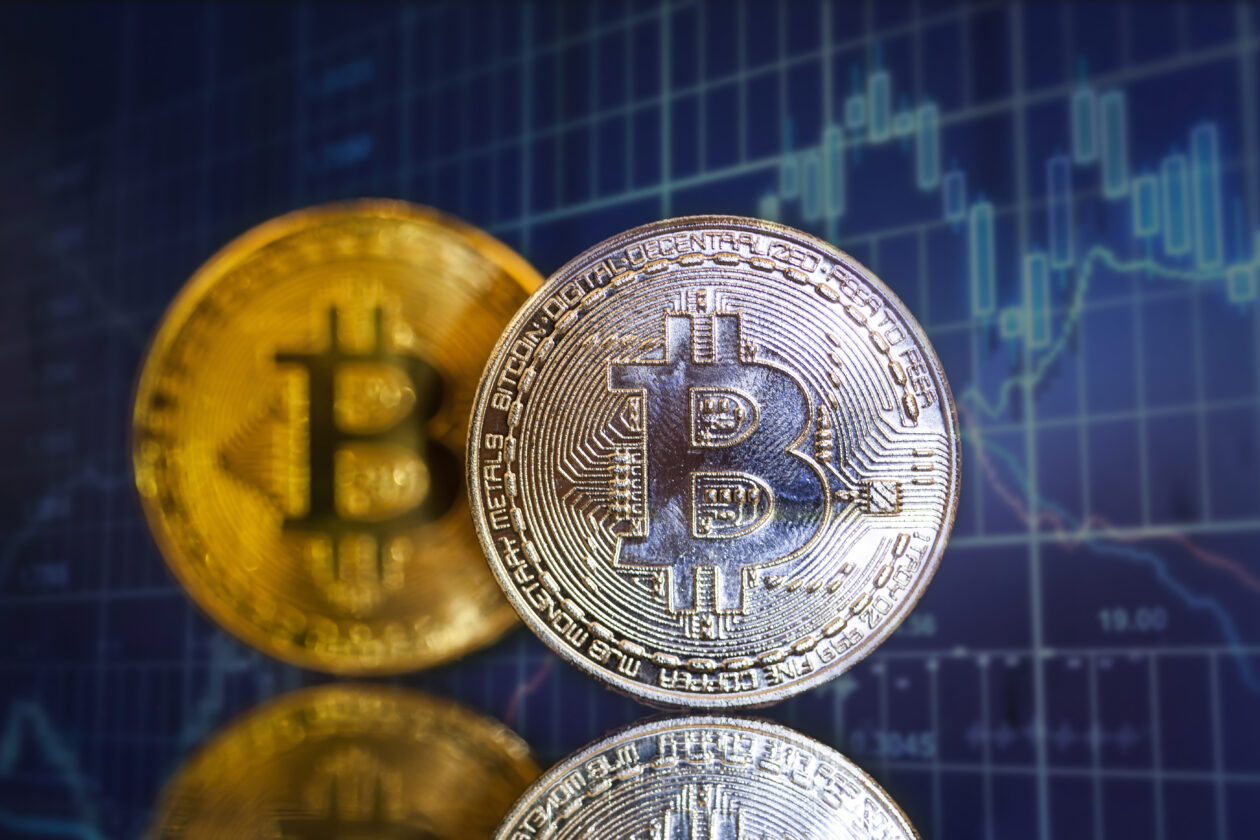Bitcoin rose on Thursday morning in Asia to trade above US$29,000, rebounding from a sharp fall earlier. Ether gained, while other top 10 non-stablecoin cryptocurrencies traded mixed. Cardano’s Ada token led the winners. U.S. equity futures moved up in Asia, boosted by stronger earnings overnight from Meta. Wall Street closed mixed on Wednesday amid more worries about the banking industry.
See related article: Binance.US cites ‘hostile’ regulator, yanks US$1.3 billion deal to buy Voyager Digital
Fast facts
- Bitcoin gained 3.47% to US$29,306 in the 24 hours to 9:00 a.m. in Hong Kong, according to CoinMarketCap data. The token is up 1.32% over a seven-day week.
- The world’s largest cryptocurrency has been on a rollercoaster this week, reaching US$29,995 on Wednesday before a drop to as low as US$27,324 on Thursday amid speculation more Bitcoin was moving to exchanges, a typical precursor to selling.
- Ether gained 2.95% to US$1,922. That’s down 1.22% for the week, but it has made up most of the losses of the past seven days. As with Bitcoin, the token has bounced around the past 24 hours, dropping to a low of US$1,792 in early Thursday trade in Asia.
- Cardano’s Ada led the winners, moving up 4.07% to US$0.4105, though the token still held a 2% loss for the week.
- Binance’s BNB led the losers, dropping 1.07% to US$334.77. Binance.US, a crypto exchange set up by Binance chief Changpeng Zhao to serve U.S. clients, this week pulled out of a US$1.3 billion deal to buy bankrupt crypto lender Voyager Digital, which raised speculation Binance may face a lawsuit over the withdrawal from Voyager creditors. Still, BNB is up 3.10% for the week, the largest gain among the top 10 non-stablecoin cryptocurrencies.
- The total crypto market capitalization rose 2.22% in the past 24 hours to US$1.21 trillion. The total trading volume over the last 24 hours surged 65.72% to US$66.99 billion.
- In the non-fungible token (NFT) market, the Forkast 500 NFT index dipped 0.69% to 3,707.23 in the 24 hours to 9:00 a.m. in Hong Kong, down 8.06% for the week. The index is a proxy measure of the performance of the global NFT market and includes 500 eligible smart contracts on any given day. It is managed by CryptoSlam, a sister company of Forkast.News under the Forkast.Labs umbrella.
- U.S. stock futures traded higher as of 9:00 a.m. in Hong Kong. The Dow Jones Industrial Average futures inched up 0.04%. The S&P 500 edged 0.17% higher and the Nasdaq Composite Index gained 0.43%. Meta rose after-hours following an unexpected revenue increase in its first quarter and an improved outlook for the current quarter. This followed Alphabet and Microsoft beating earnings expectations earlier this week and raising some optimism around tech businesses.
- However, worries about the U.S. banking industry continue as First Republic Bank shares dropped nearly 30% on Wednesday. U.S. regulators may downgrade their assessments of the bank’s condition, which could further limit First Republic’s access to liquidity, according to Bloomberg on Thursday.
- Data out of the U.S. on Wednesday provided a mixed outlook for the economy, with declining orders for key U.S.-manufactured goods and a contraction in the international trade deficit, according to Reuters on Thursday.
- U.S. first-quarter gross domestic product (GDP) is out Thursday and personal consumer expenditures on Friday. Analysts at the Federal Reserve Bank of Atlanta have cut their forecast for real GDP growth in the first quarter from 2.5% on April 18 to 1.1% on April 26.
- These numbers all feed into expectations around the Federal Reserve’s next move on interest rates, after a year-long policy of cranking up rates to slow the pace of inflation. U.S. interest rates are currently between 4.75% to 5%, the highest since June 2006.
- Analysts at the CME Group now expect a 26.9% chance the Fed will leave interest rates unchanged at its next meeting on May 3, while 73.1% predict a 25-basis-point increase, down from 75.8% on Wednesday.
See related article: Mythical Games CEO says U.S. regulatory uncertainty accounted for firm’s conservative stance on crypto





